13 Amazing Benefits Of Mango Seeds For Skin, Hair, & Health
Even the seed of this delicious summer treat can work as a home remedy for several issues.
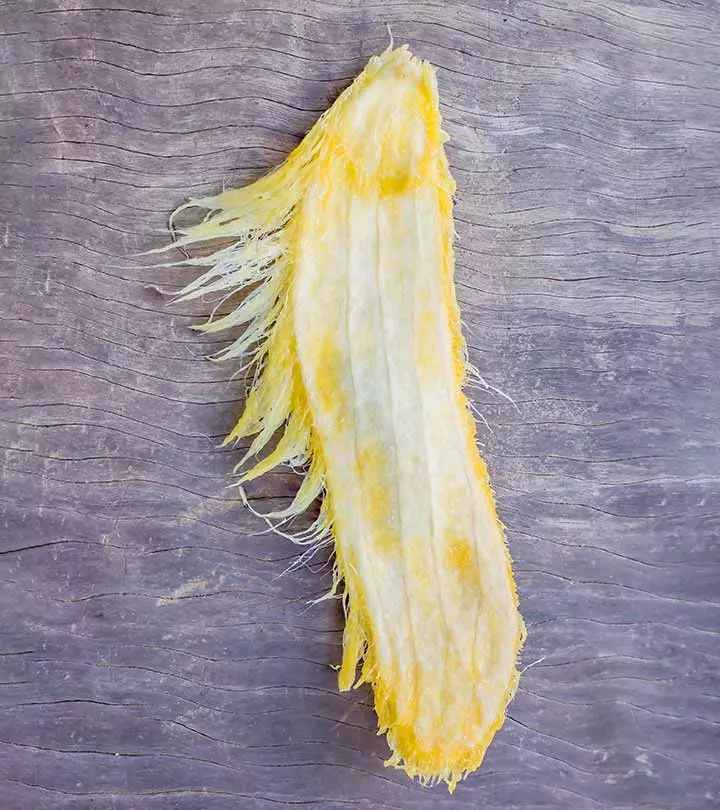
Image: shutterstock
How often have you eaten mangoes? How often have you thrown the seeds away? Well, after reading about mango seeds’ benefits listed here, you might want to think twice before dismissing off the seed for nothing more than just natural waste. Mango seeds have been used since ancient times in many Ayurvedic medicines and treatments for their high nutrition content. They have antioxidant and anti-inflammatory properties that fight inflammation and boost metabolism and immunity (1). Mango seed powder, butter, and oil are some of the most common ways to make the most of their therapeutic properties. If you want to reap similar advantages, make sure to pick unripe mango seeds. Mango seeds from unripe mangoes are considered the better choice as ripe mangoes tend to contain bitter mango seeds. Read on to know more about mango seeds and their key health benefits before you dispose of the seeds next time you relish deliciously juicy mangoes!

 Know Your Ingredient: Mango Seed
Know Your Ingredient: Mango SeedWhat Is It?
The single fibrous seed at the center of a mango. It is flat and oblong in shape.
What Are Its Benefits?
It helps with diarrhea, obesity, and cardiovascular diseases. Its oil can be used for improving skin and hair health.
Who Can Use It?
It is safe to be consumed by anyone.
How Often?
It can be used daily as part of your specific treatment.
Caution
Mango and its components may interact with P450 enzymes that help with drug metabolism and thus, reduce the efficacy of medicines.
In This Article
Benefits of Mango seed:
Let us look at the top mango seed benefits right here.
1. Dandruff
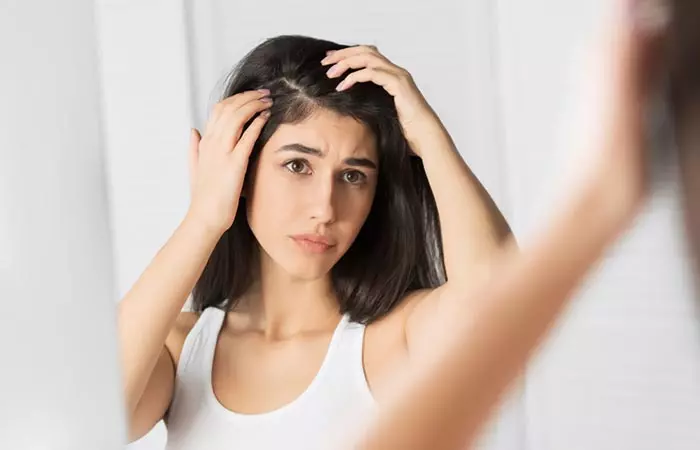
Mango seed can help you to get rid of dandruff. A 2016 study published in the Food Science & Nutrition journal highlighted the antioxidant and antimicrobial properties of mango seed kernel extracts. These extracts were found to be effective against some bacteria and fungi, including Candida albicans, a fungus known to contribute to skin and scalp infections. Since dandruff is often linked to fungal overgrowth, particularly Malassezia species, the antifungal activity of mango seed kernel extracts can be a potential natural remedy for managing scalp conditions (1).
Take mango seed butter and apply it on your hair for luster and strength. You can also mix it with mustard oil and leave it out in the sun for a few days. Application of this mixture can control alopecia, hair loss, early greying and dandruff.
 Quick Tip
Quick Tip2. Healthy smile

Tooth powder can be prepared from mango seed. A 2025 study published in the Nutrition And Metabolic Insights journal examined the therapeutic potential of Mangifera indica (mango), highlighting its antimicrobial and pH-modulating effects in the oral cavity. The results showed that mouthwashes containing mango extract significantly increased salivary pH and reduced levels of Streptococcus mutans, a major contributor to dental caries (2).
Pour a small amount on the palm of your hand, moisten your toothbrush, dip in and brush your teeth. This powder will help to keep your teeth healthy.
3. Diarrhea
Take powdered mango seed thrice a day to cure diarrhea or dysentery. Dry the mango seeds in shade and powder them. Consume this in doses of 1-2 grams with honey.
 Trivia
Trivia4. Obesity
Mango seed extract can help obese people to lose their excess weight, gain energy, lower cholesterol levels and improve blood circulation.
5. Cholesterol
This seed boosts blood circulation and thus reduces bad cholesterol levels. This indirectly helps to lower blood sugar, C-reactive protein levels, and digestion.
6. Cardiovascular disease

Moderate consumption of mango seed is useful for minimizing the risk of cardiovascular diseases and hypertension. Our nervous system is interconnected by the heart and blood vessels. A low amount of mango seeds in our daily diet can keep at bay heart problems and high blood pressure.
7. Healthy hair
Mango seed oil is a good source of essential fatty acids, fiber, minerals and vitamins. You can even extract the oil by yourself at home.
How to?
- Remove the outer coat of the mango seed
- Mix it with coconut, olive, til (sesame) or mustard oil.
- Pour this in a glass jar
- Place the mixture in sunlight for a week.
Use this mixture regularly to avoid hair fall or gray hair. This will also make your hair black, long, and thick. You may also use mango butter for hair to seal in moisture.
8. Skin health
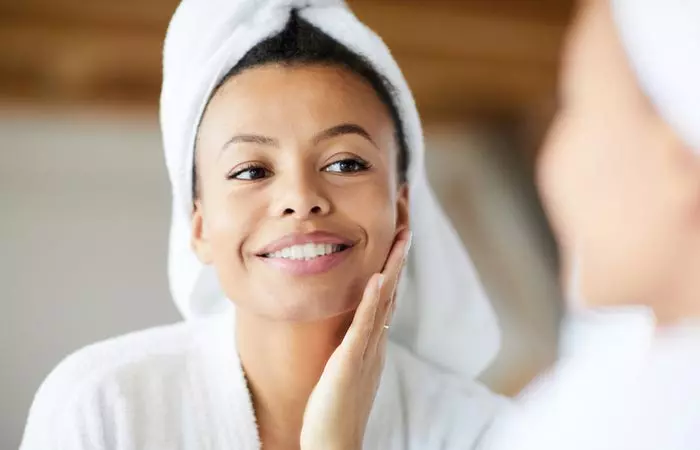
Mango seed oil is an excellent moisturizer. You can also use mango butter for the skin. This butter is obtained from mango seed and is used in many lotions as well to nourish and moisturize your skin. It is non-oily and non-greasy when applied on the face.
9. Moisturizer
Mango seed butter is a real boon for dry skin.
It’s the best lotion for dry skin, especially for the delicate areas like eyes, cheeks, etc. It contains a very gentle ingredient and acts as a barrier to prevent skin drying.
A blogger shared her mango butter hair and body moisturizer recipe. She mixed mango butter with apricot seed oil, castor oil, and lemongrass and sweet orange essential oils. She adds, “I especially love to use it after a shower. Your skin is left feeling very moisturized and soft with no greasy feel. It absorbs so well! As for the hair, it definitely makes my 4C hair feel softer (i).”
10. Dry lips
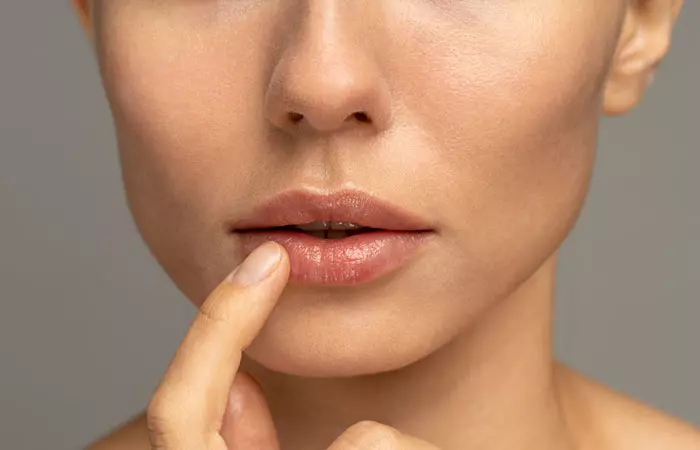
You can use mango seed butter as a 100% natural lip balm to hydrate and soften dry lips. Apply it on dehydrated lips as a balm before going to sleep. This will rejuvenate skin cells, moisturize and help you get rid of any dead skin cells. This also helps in quick healing.
11. Diabetes
Mango seed may help lower blood sugar levels. A 2025 study published in the Environmental Science And Pollution Research International journal explored the effects of mango seed kernel extract on diabetic rats. Researchers found that it helps lower blood sugar levels by protecting pancreatic β cells from damage and improving liver glucose metabolism. The extract, rich in compounds like mangiferin, gallic acid, and quercetin, reduced fasting blood glucose, improved insulin production, and lowered inflammation and oxidative stress. It also improved liver health and cholesterol levels, showing promise as a natural agent for managing diabetes and protecting organ function (3).
They alter enzymes of the intestine and liver to reduce absorption of glucose. It also reduces body fat, weight and the waist’s circumference.
12. Acne
You can prepare an acne-fighting scrub with mango seed. Grind mango seeds and mix with tomatoes. Apply this evenly on your face. This scrub is useful to exfoliate the skin, cure blackheads, breakouts, acne and blemishes, unclog pores and reduce redness. This scrub is gentle enough for daily use.
13. Digestion
Mango seeds offer a good digestive boost. They contain dietary fiber and enzymes that aid in digestion. Dietary fiber promotes regular bowel movements, preventing constipation and maintaining gut health. Fiber also supports a healthy gut microbiome, as it serves as nourishment for beneficial gut bacteria. This, in turn, can enhance overall digestive health and help maintain a balanced gut environment (4).
It may also reduce the risk of developing common digestive disorders, such as hemorrhoids. Diets rich in dietary fiber may also reduce the risk of colorectal cancer. However, it is advised to consume them in moderation, as excessive intake may lead to gastrointestinal discomfort like diarrhea, constipation, or bloating (4).
Thus, including mango seeds as part of a balanced diet can contribute to smoother digestion and overall gastrointestinal well-being.
If you want to avail the remarkable mango seeds benefits through diet, learn about their versatile culinary uses in the next section.
Key Takeaways
- Due to the antioxidants and fatty acids contained in mango seeds, they can result in healthy skin and hair.
- You will find mango seed oil to be a common ingredient in multiple skincare products because it has hydrating qualities that can help minimize the appearance of fine lines and wrinkles.
- Mango seed extract is a popular ingredient in hair care products as well because it can increase hair growth and help stem hair loss.
- Mango seed powder can lead to a radiant complexion when used as an exfoliating agent to remove dead skin cells.
Culinary Uses Of Mango Seeds
Mango seeds have several culinary uses. Here are some of them.
- Roast or boil mango seeds for a wholesome snack.
- Add mango seeds to pickles for a tangy flavor.
- Grind mango seeds to spice up curries and soups.
- Use seed extract in jams or chutneys for enhanced flavor.
- Use ground seeds as a partial flour replacement in baking.
- Blend seeds into smoothies for extra fiber.
Infographic: Top Benefits Of Mango Seed For Skin And Hair
Mango seeds have several benefits for your health, hair, and skin, which is why it has always been one of the top ingredients in Ayurvedic medicines or homely treatment methods. However, a few of the many benefits of mango seeds deserve special mention. Check out the infographic below to learn how mango seeds can help your skin and hair.
Some thing wrong with infographic shortcode. please verify shortcode syntaxThere are numerous benefits of mangoes, and you can get some of them even from mango seeds. They are nutrient-dense portions with exceptional therapeutic values. They have been used in Ayurvedic medicine for treating many ailments. These seeds can be used in powder, oil, and butter forms. The mango seeds benefit your health in numerous ways. The antioxidants they contain may help reduce dandruff, promote teeth and bone health, treat diarrhea, aid in weight management , and lower cardiovascular disease risk. Also, there are studies currently probing into the cancer prevention properties of mango kernel (5). In addition, mango seed oil may offer healthy hair and moisturize the skin.
Frequently Asked Questions
What vitamins are in mango seeds?
Mango seed contains vitamins A, B1, B2, B6, B12,E, K, and C (6). They are also rich in several essential nutrients. Jordan Anthony, MS, RDN, says, “Mango seeds are difficult to eat without processing, but they are rich in a balanced mix of protein, fat, carbohydrates, and essential minerals like calcium and magnesium. This makes mango seed flour a great alternative to wheat flour. You can also extract nutrients, especially antioxidants, from mango seeds by soaking them and drinking the resulting water.”
Does mango seed contain vitamin B12?
Yes. Mango seeds contain vitamin B12 (6).
Are mango seeds toxic?
Mango seeds are not poisonous.
Can I eat raw mango seed?
Yes. You can consume raw mango seeds.
How can you tell if a mango seed is bad?
Bad and rotten seeds often appear gray. It’s better to discard them.
Illustration: Amazing Benefits And Uses Of Mango Seeds For Skin, Hair And Health
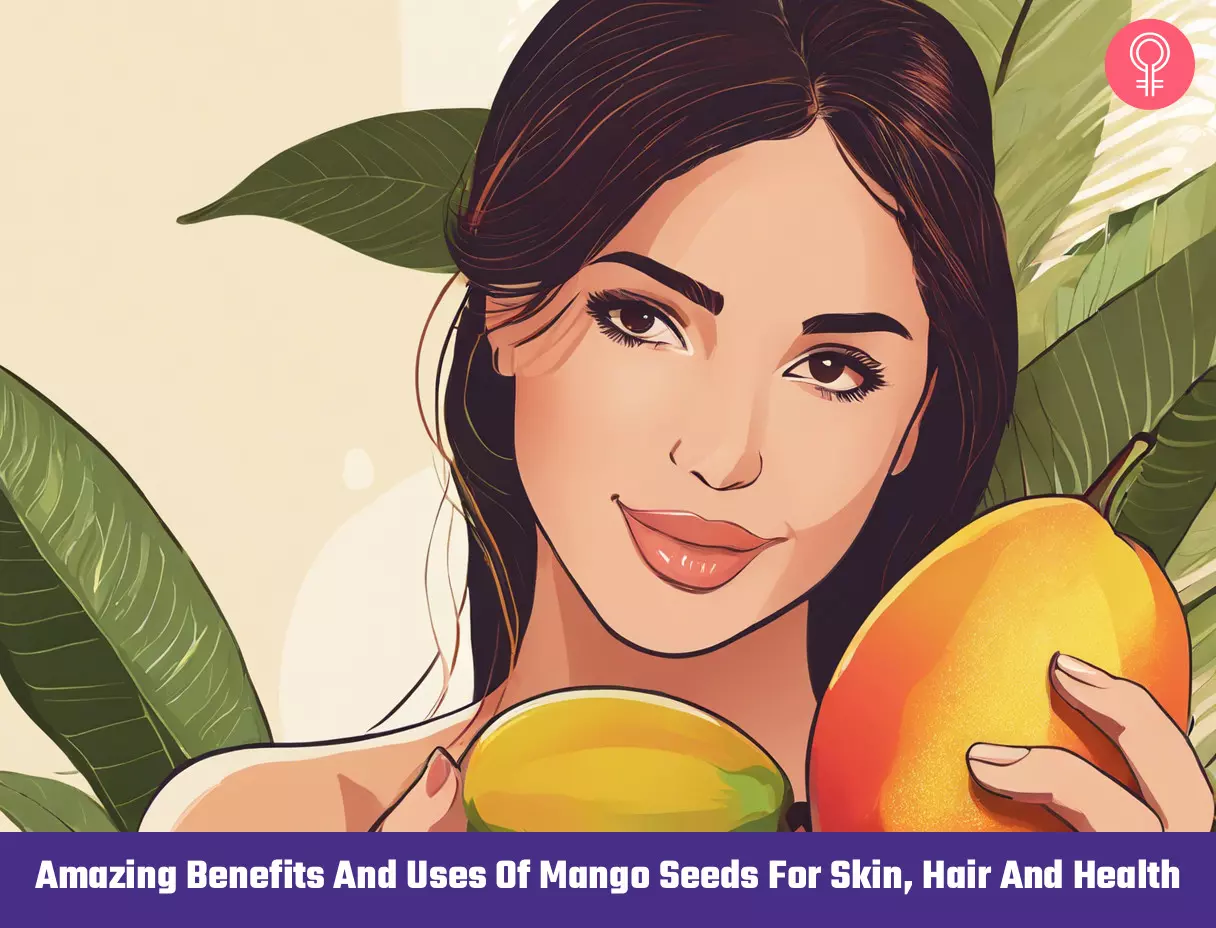
Image: Stable Diffusion/StyleCraze Design Team
Mangoes are delicious and nutritious fruits that offer many health benefits. They may help improve brain function, boost immunity, and even aid digestion. Learn more about why mangoes are good for your brain and body in this video.
Personal Experience: Source
StyleCraze's articles are interwoven with authentic personal narratives that provide depth and resonance to our content. Below are the sources of the personal accounts referenced in this article.
i. Mango Butter Hair and Body Moisturizer With Castor oil, Lemongrass and Sweet Orange Essential Oilshttps://2dimplzs.wordpress.com/2017/10/27/mango-butter-hair-and-body-moisturizer-with-castor-oil-lemongrass-and-sweet-orange-essential-oils/
References
Articles on StyleCraze are backed by verified information from peer-reviewed and academic research papers, reputed organizations, research institutions, and medical associations to ensure accuracy and relevance. Read our editorial policy to learn more.
- Evaluation of the proximate composition antioxidant potential and antimicrobial activity of mango seed kernel extracts
https://pmc.ncbi.nlm.nih.gov/articles/PMC5332260/ - Effect of Mangifera Indica (Mango) on Dental Caries: A Systematic Review
https://pubmed.ncbi.nlm.nih.gov/38024868/ - Mango (Mangifera indica L.) seed kernel extract suppresses hyperglycemia by modulating pancreatic β cell apoptosis and dysfunction and hepatic glucose metabolism in diabetic rats
https://pubmed.ncbi.nlm.nih.gov/37981611/ - Dietary Fiber
https://www.ncbi.nlm.nih.gov/books/NBK218764/ - Characterization and use of Mangifera indica L. seeds from four varieties
https://bioresources.cnr.ncsu.edu/resources/characterization-and-use-of-mangifera-indica-l-seeds-from-four-varieties/ - Some nutrients and antinutrients contents of mango (Magnifera indica ) seed
https://www.semanticscholar.org/paper/some-nutrients-and-antinutrients-contents-of-mango-Fowomola/793296a6d895ad9c661f67a5969acbfe7b37f742
Images: 1
Read full bio of Yvonne O’ Halloran
- Jordan Anthony is a Registered Dietitian Nutritionist with over 6 years of experience. She was a public relations professional before she went back to the University of Southern California to get a Master's degree in Nutrition, Healthspan and Longevity. She is currently serving as the Senior Director of Nutrition at Ahara Corporation in Los Angeles, USA.
 Jordan Anthony is a Registered Dietitian Nutritionist with over 6 years of experience. She was a public relations professional before she went back to the University of Southern California to get a Master's degree in Nutrition, Healthspan and Longevity. She is currently serving as the Senior Director of Nutrition at Ahara Corporation in Los Angeles, USA.
Jordan Anthony is a Registered Dietitian Nutritionist with over 6 years of experience. She was a public relations professional before she went back to the University of Southern California to get a Master's degree in Nutrition, Healthspan and Longevity. She is currently serving as the Senior Director of Nutrition at Ahara Corporation in Los Angeles, USA.
Read full bio of Tanya Choudhary
Read full bio of Ravi Teja Tadimalla
Read full bio of Moksha Gandhi





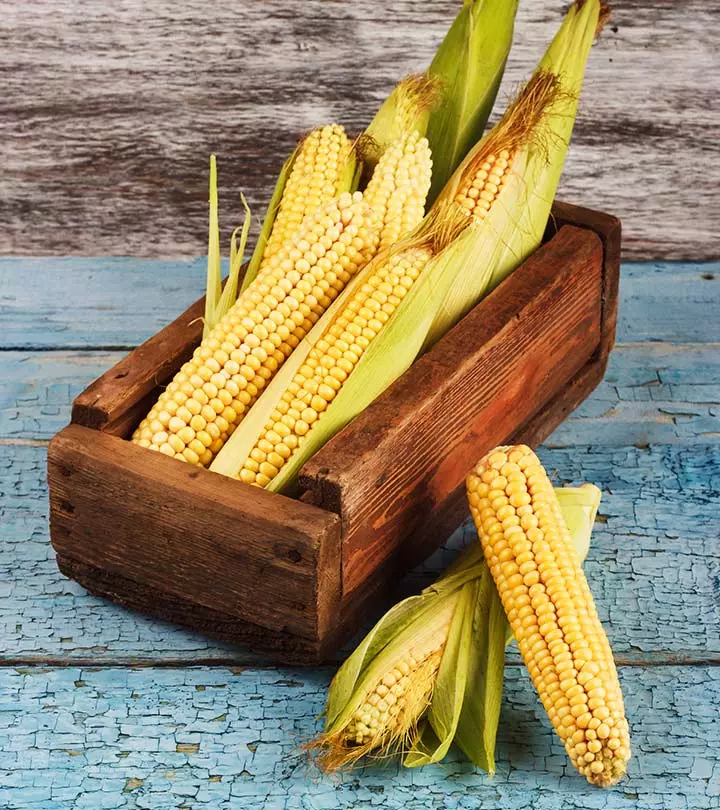
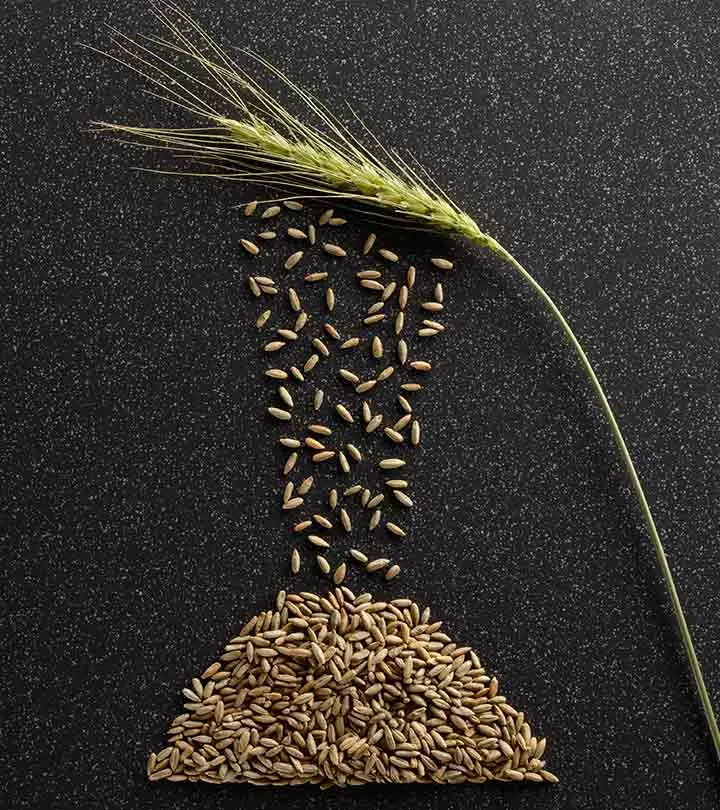
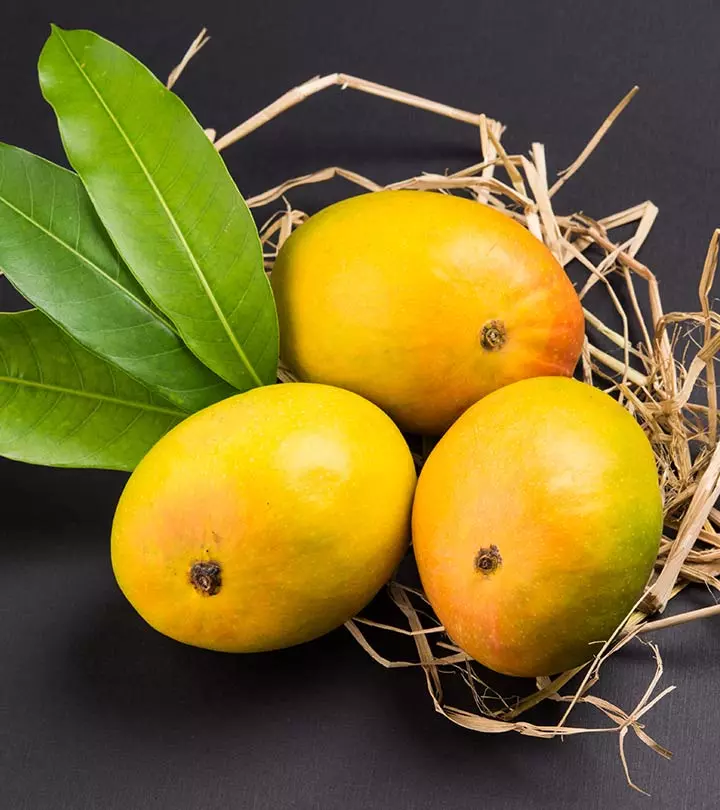
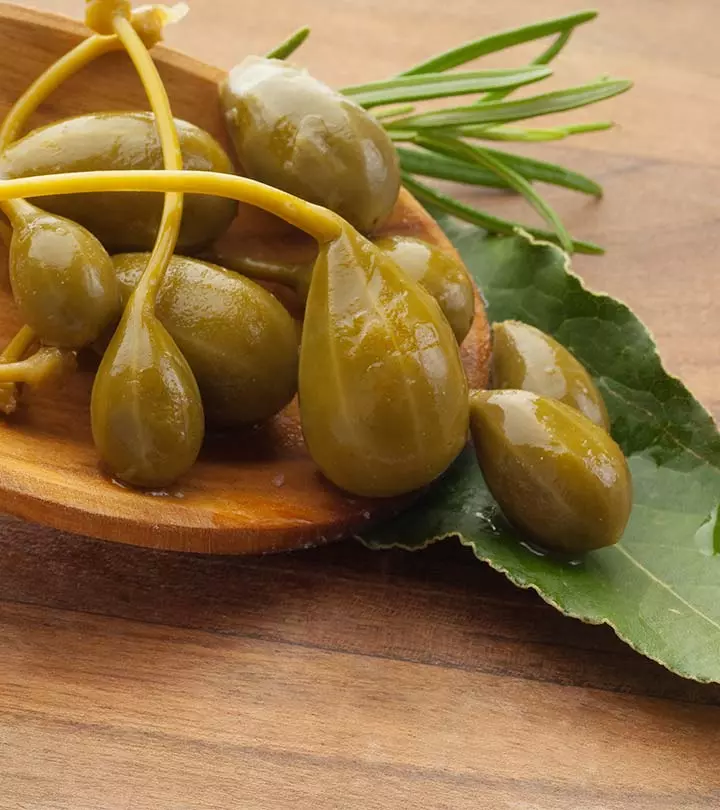
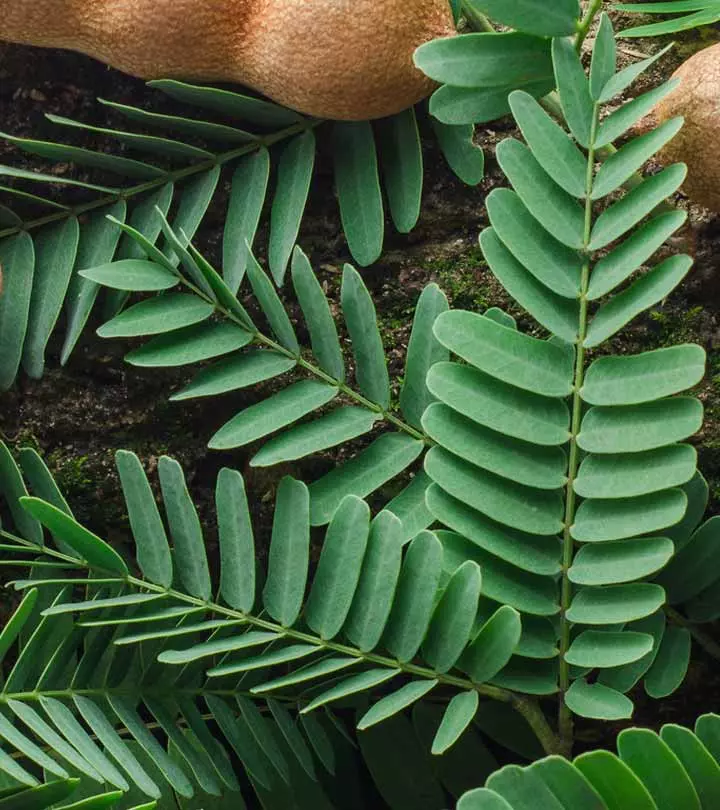
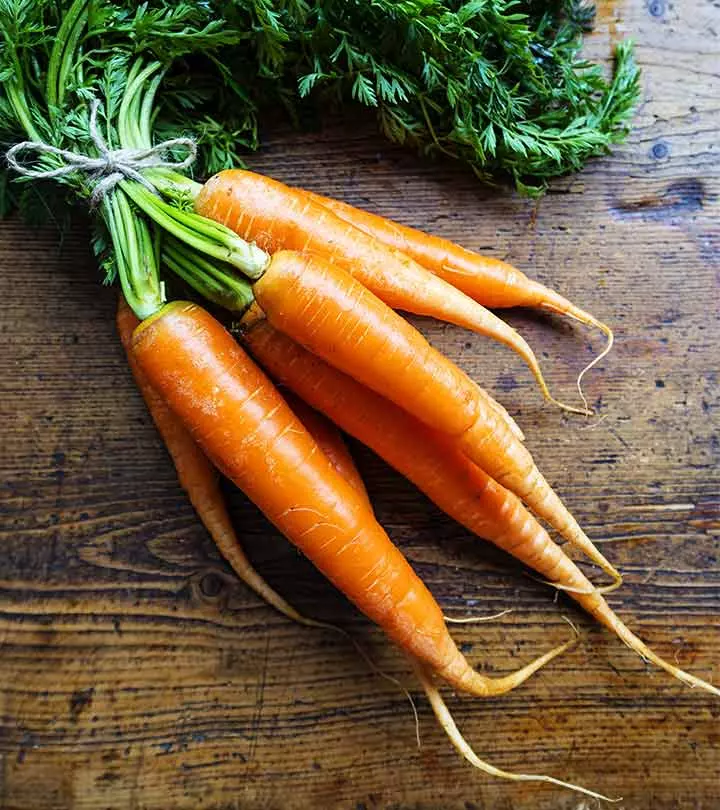
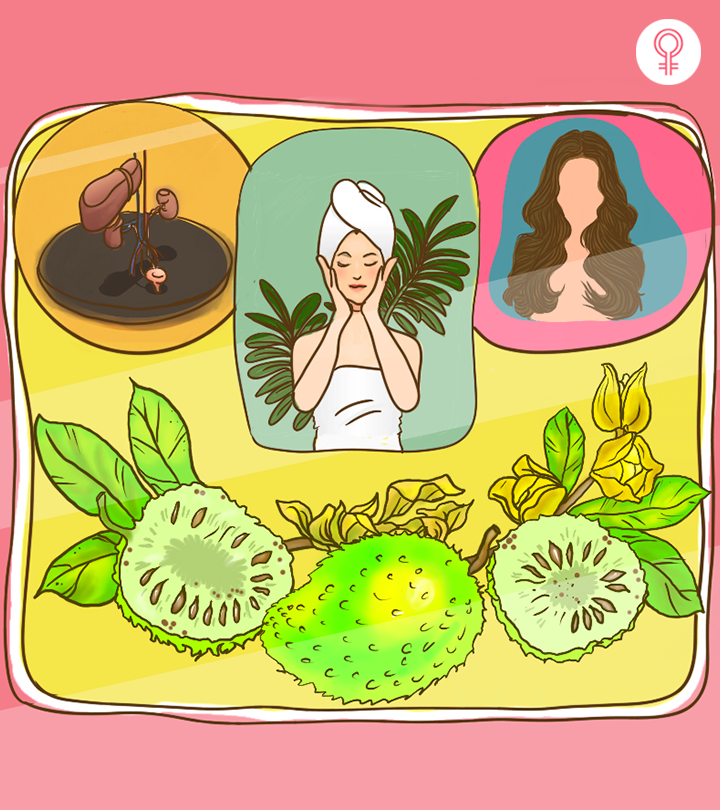
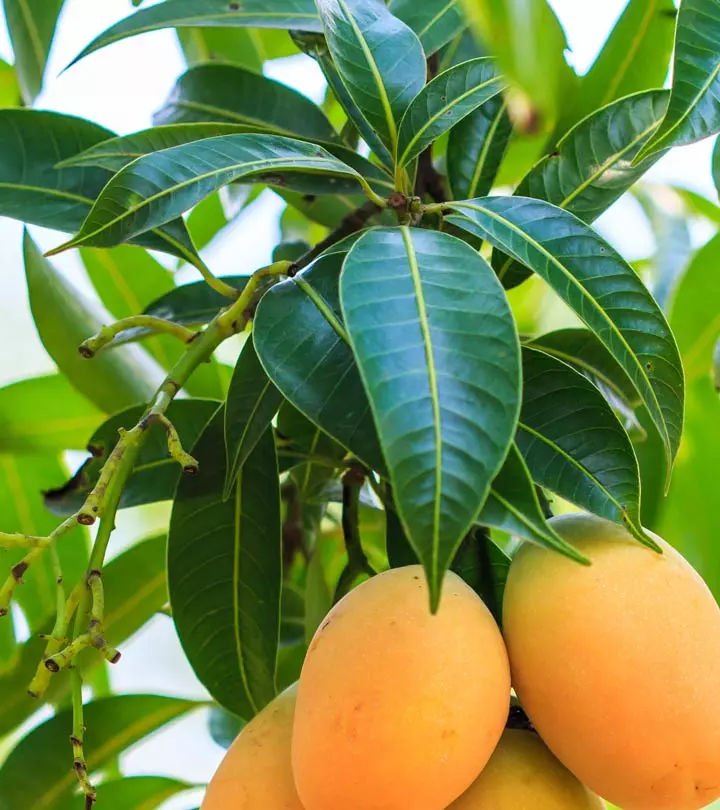
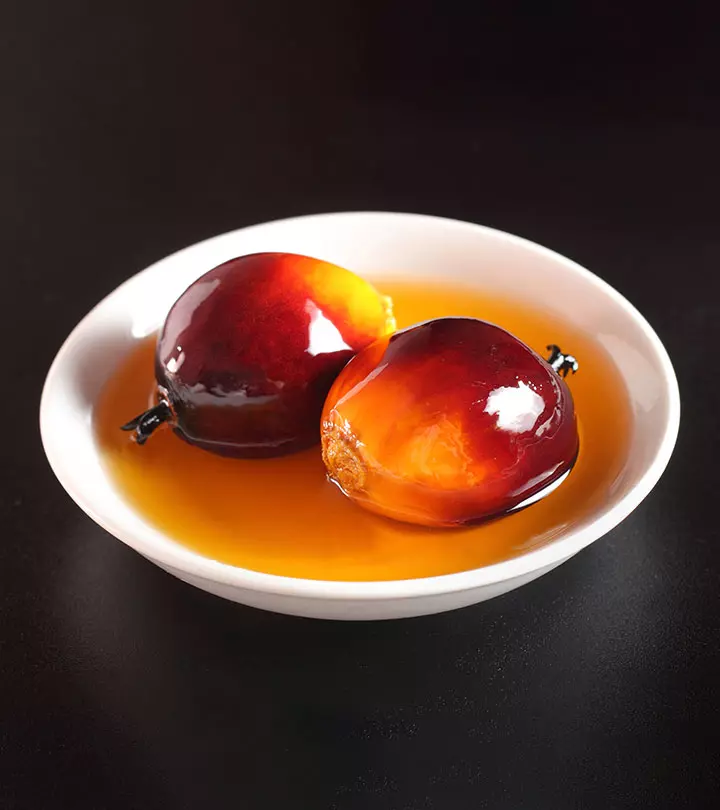
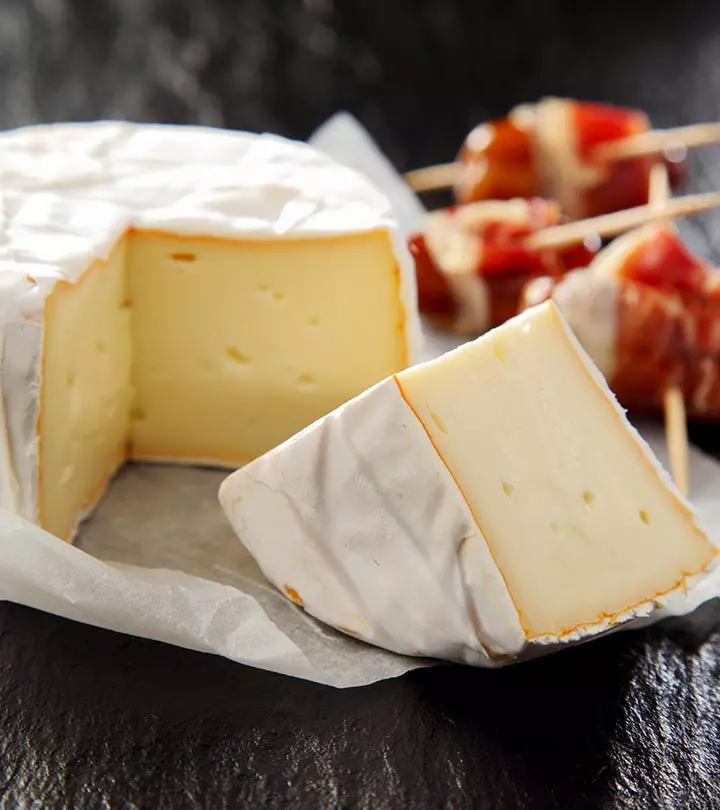
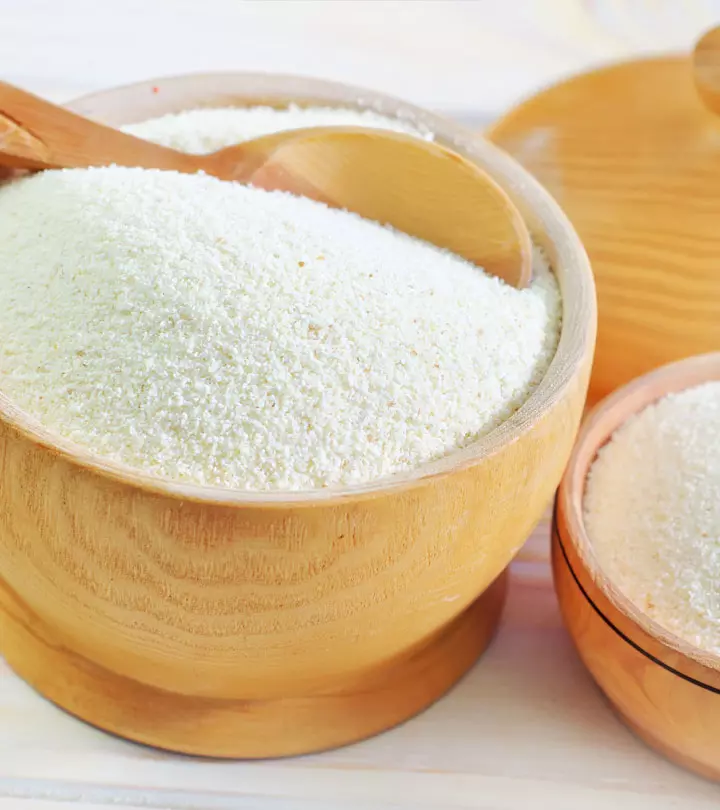
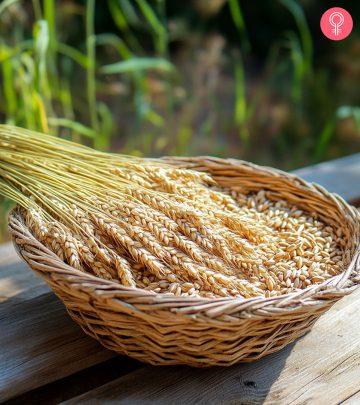
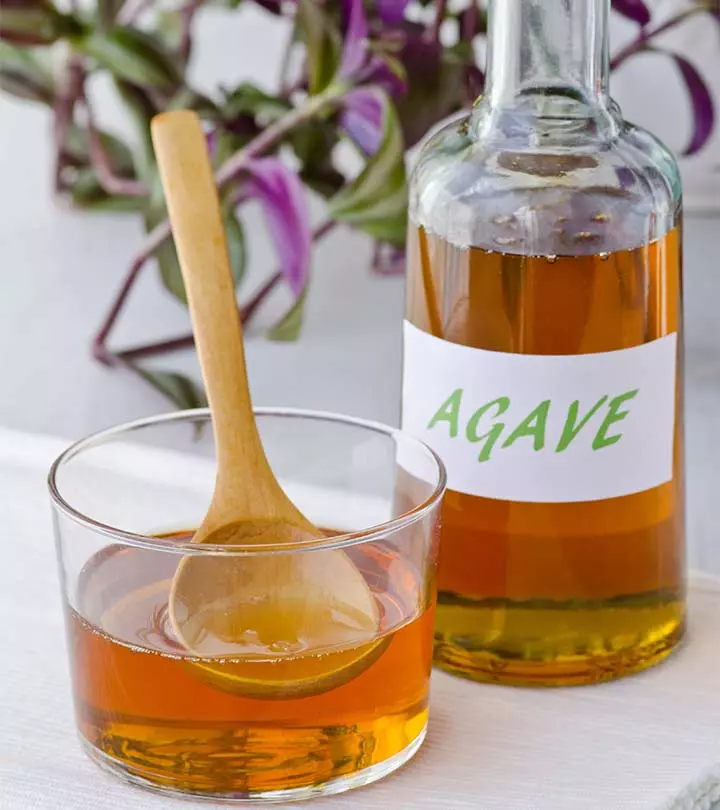

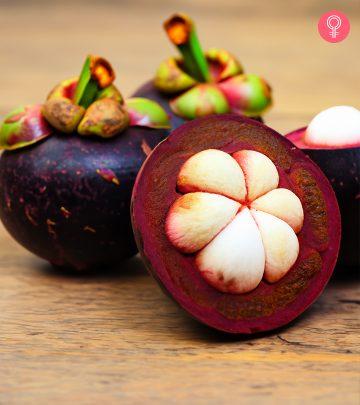

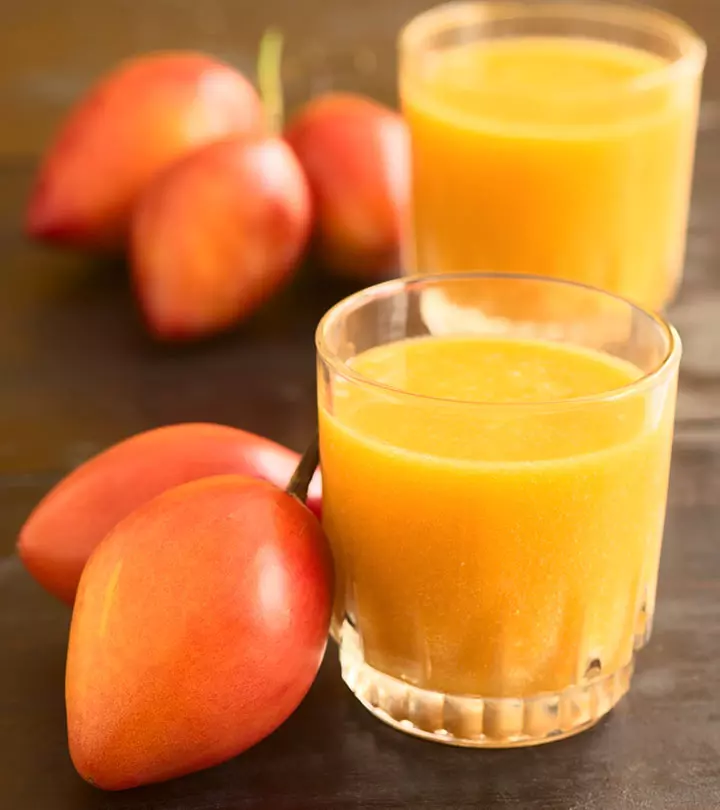
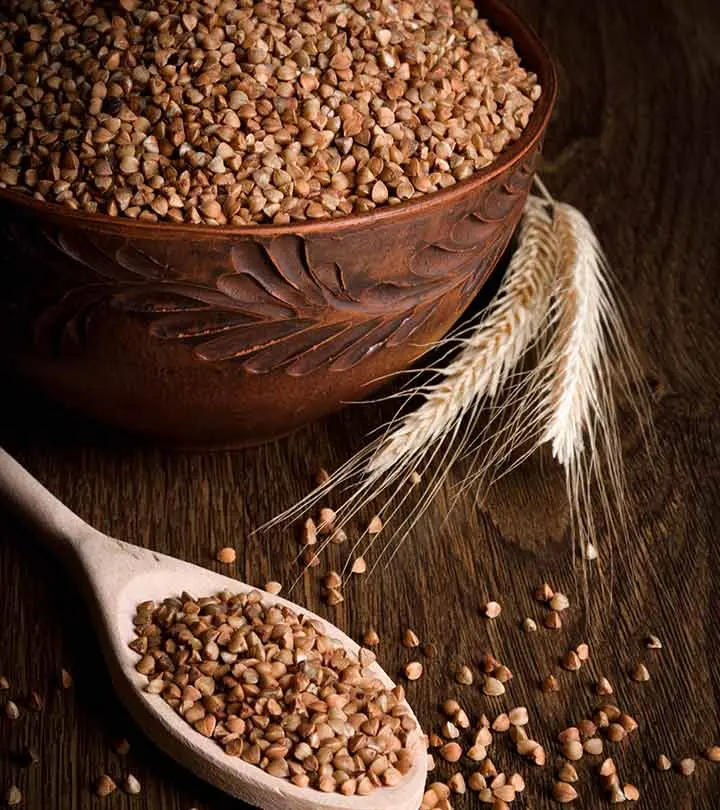
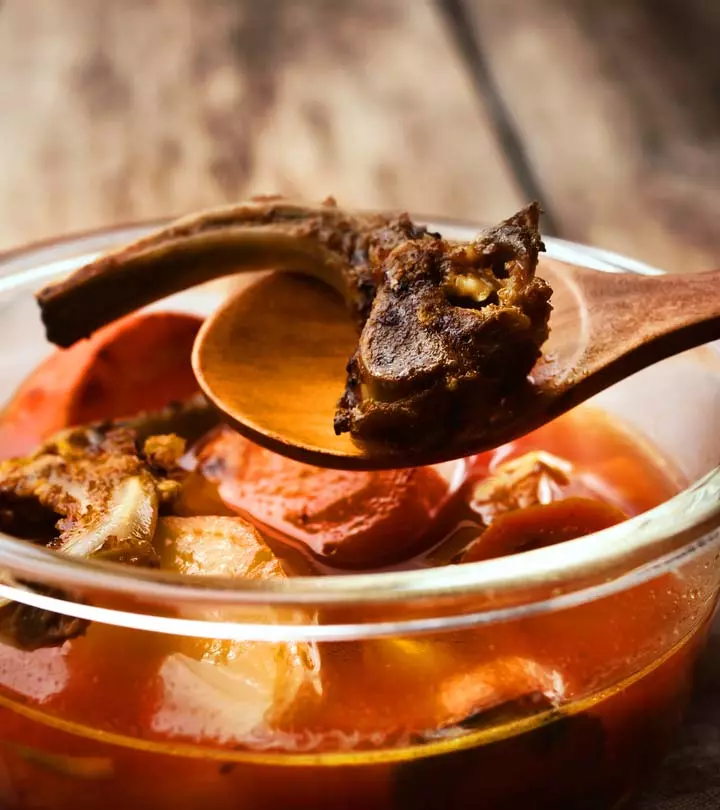
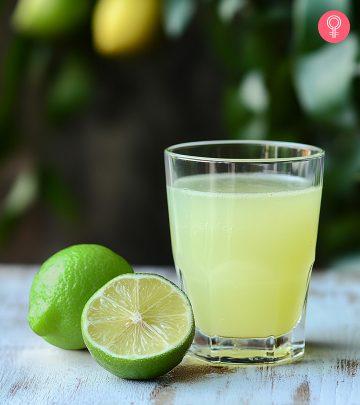
Community Experiences
Join the conversation and become a part of our empowering community! Share your stories, experiences, and insights to connect with other beauty, lifestyle, and health enthusiasts.